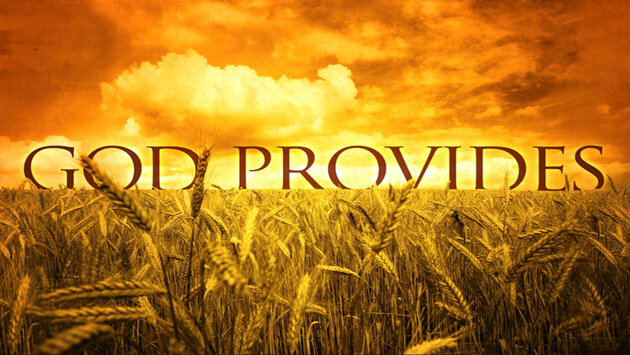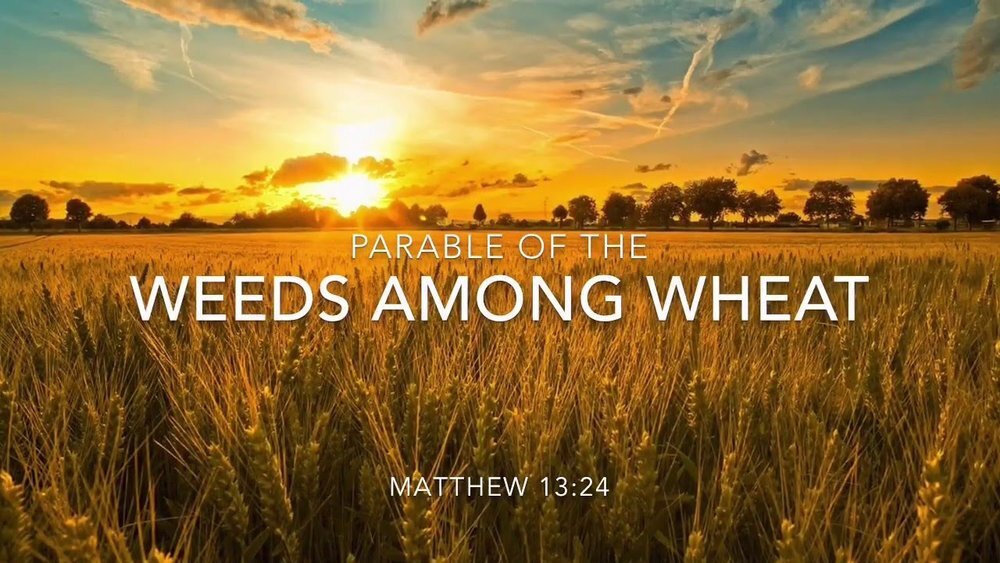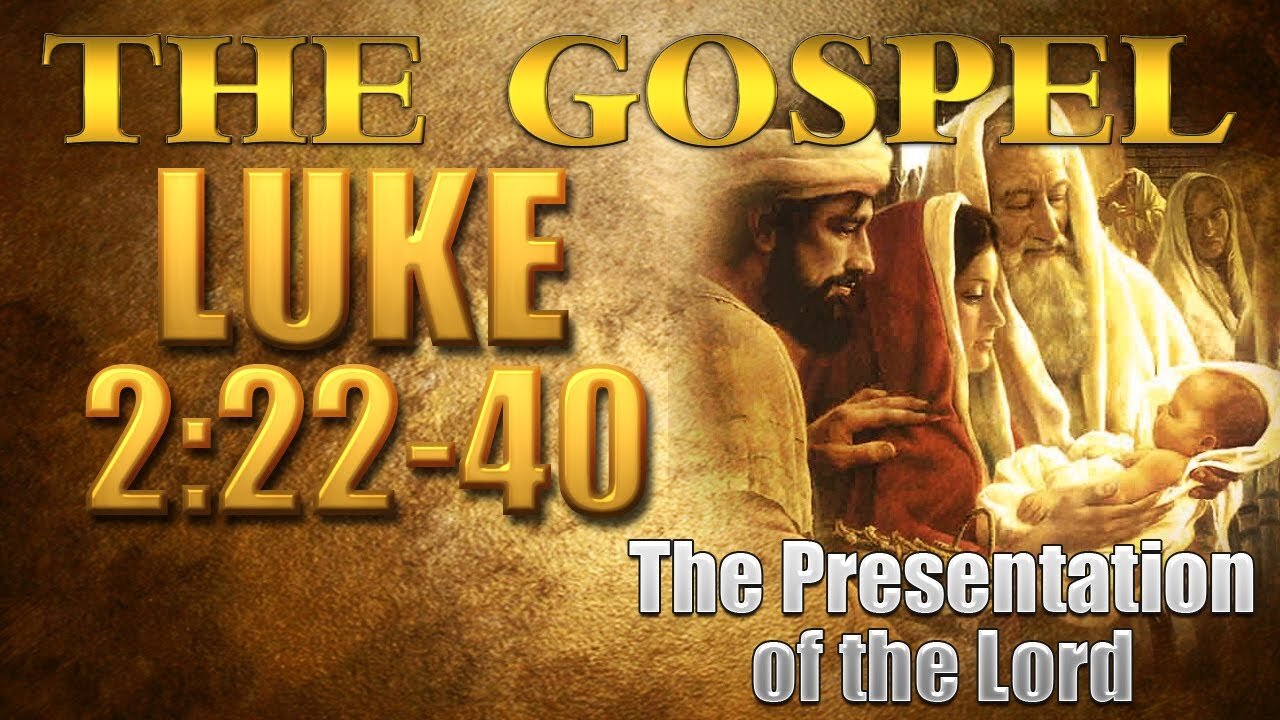Generally - When someone hurts us, we immediately draw a vision or image of that person. You kind of paint a picture in your mind of the kind of person he or she is….you kind of judge the person based on what you think in terms of the hurt – “she is mean, he’s so arrogant, insensitive, heartless, etc.” and when you talk to other people, they might even add to your growing prejudice…. So, if you were to draw a picture, you might even draw a monster, even with horns, etc.
But - Remember, your perception or what you think is not always reality. We react to what we think which – maybe - is not the reality… meaning, there is a possibility that you could be wrong or that you could have misunderstood and therefore you could have been quick to judge.
Assuming you were right to feel offended, the only way to heal ourselves of those hurts is through forgiveness. It is not enough to be right, and yet you are so unloving, unforgiving.
Forgiving begins when we give up the horrible image we have in our mind of that person who hurt us. Meaning - We must come to a new vision of that person, not simply as the person who hurt us, but as a weak and sinful faulty person who also has needs and hurts, and so we try to understand what caused him or her to behave in that way or to say such a thing or why he failed to do what you expected.
At the cross, Jesus said: “Father, forgive them for they know not what they do.” …meaning – why would you condemn someone who does not know any better…
You might say: “But he is already an adult, he should know better”… but you see – there are people –even adults in their 60’s 70’s and 80’s - who still don’t get it.
You see - the problem is: when we come before God for our sins, we ask for Mercy but when it comes to other people’s sins or faults particularly against us, we demand justice.
Again - Forgiving begins when we give up the horrible image we have in our mind of that person who hurt us and coming up with a new image. And so - With that new image - Consequently, there is a new feeling towards the person. The new vision brings a new feeling because now you see this person more realistically.
And then – the next stage, so to speak is - there must be a surrendering of the right to get even. We simply give it up. Yes – you might think you have every right to get even as you might think, but we simply give it up or let it go.
An eye for an eye, a tooth for a tooth, results to both parties – ending up both being blind and toothless.
On our own, we cannot forgive but by the grace of God we can, and with the grace of God we can even go beyond giving up our right to get even, we can even begin to wish that person who hurt us well… which is really a miracle.
As has been said: “To err is human, to forgive is divine.” (Alexander Pope)
The process of forgiving is fulfilled when you can want good for the person who has wronged you instead of wishing evil to fall upon him or her… The good of the person then will be your intention for approaching that person, as we heard in our first reading and in our Gospel reading, to help the person grow and become a better person… not to get even.
Then you can say you fulfilled the commandment “Love your enemy”.. “Love your neighbor as you love yourself” because love – true love is willing the good of the other… even if the person is unloveable.
Jesus died for us even while we were still sinners.
St. Pope Gregory the Great whose Feast Day we celebrated last Thursday wrote this on Praying for Enemies and Forgiveness:
Quote: “How frequently we offer a prayer for our enemies but we do it because we are commanded to and not out of love for them.
The judge of our souls consider our hearts rather than our words. Jesus included a condition in the prayer: Forgive us our trespasses as we forgive those who trespass against us.
Sometimes we say those words without carrying them out. We must not allow any malice at all to remain in our own hearts.
Remember what Jesus taught us: Forgive and you will be forgiven. Let us forgive others then - so that we, too may be forgiven.” (Unquote)
If you have been hurt - Do yourself a favor, forgive… to free yourself of the toxicity that can poison your soul. Of course, it is much easier said than done.
If the saints, who are as ordinary people as we are, can do it, by the grace of God, we can do it.
Judgment belongs to God.
If you cannot forgive, maybe you need to examine your own relationship with God and your own experience of forgiveness, of being forgiven.
As Thomas Merton said: “We are not at peace with others because we are not at peace with ourselves, and we are not at peace with ourselves because we are not at peace with God.
If you think about it: Who are we to cast off someone whom Jesus has seen fit to redeem? Who are we to condemn someone whom Jesus has died for? Jesus died for all of us… for people of all times.
Think of the person you have a hard time forgiving and imagine Jesus telling you: “I already paid for his or her sins.” and so, “Be Merciful”.
Forgiving someone falling short of our expectations does not mean glossing over sin, but it does mean always trying to treat people with the respect and honor they deserve as beloved children of God – as brothers and sisters who have great dignity in God's eyes.
Mercy is not about pretending that something has not happened, that sin doesn't matter. Mercy is about accepting to love as one is.
St. Mother Teresa said: “If you judge people, you have no time to love them.”
As we heard in the second reading from St. Paul’s letter to the Romans:
“Brothers and sisters: Owe nothing to anyone, except to love one another”.
My brothers and sisters in Christ, over time – if we persevere – like the Saints – we can become more like Jesus. And that’s the challenge for us. And so the question is: Will we stand fast in our ways, our ways of thinking or will we let the Holy Spirit continue to mold us and to shape us?
The next time you find yourself ready to judge someone, ask yourself this, “How would Jesus react in this situation?” What is the most loving thing to do? … and then you “Pause” and let the Spirit give you His insight. You’ll be amazed by how much peace and wisdom He can give you!
God bless…
Homily for the 23rd Sunday of Ordinary Time Year A
Readings:Ezekiel 33:7-9 Romans 13:8-10 Matthew 18:15-20























